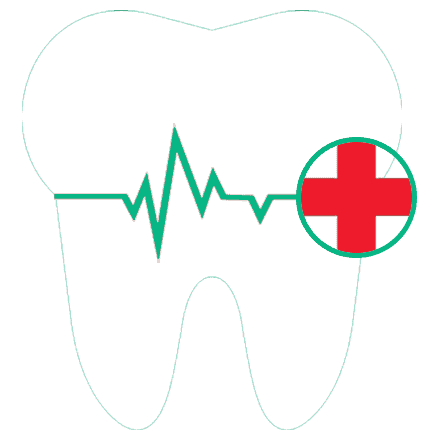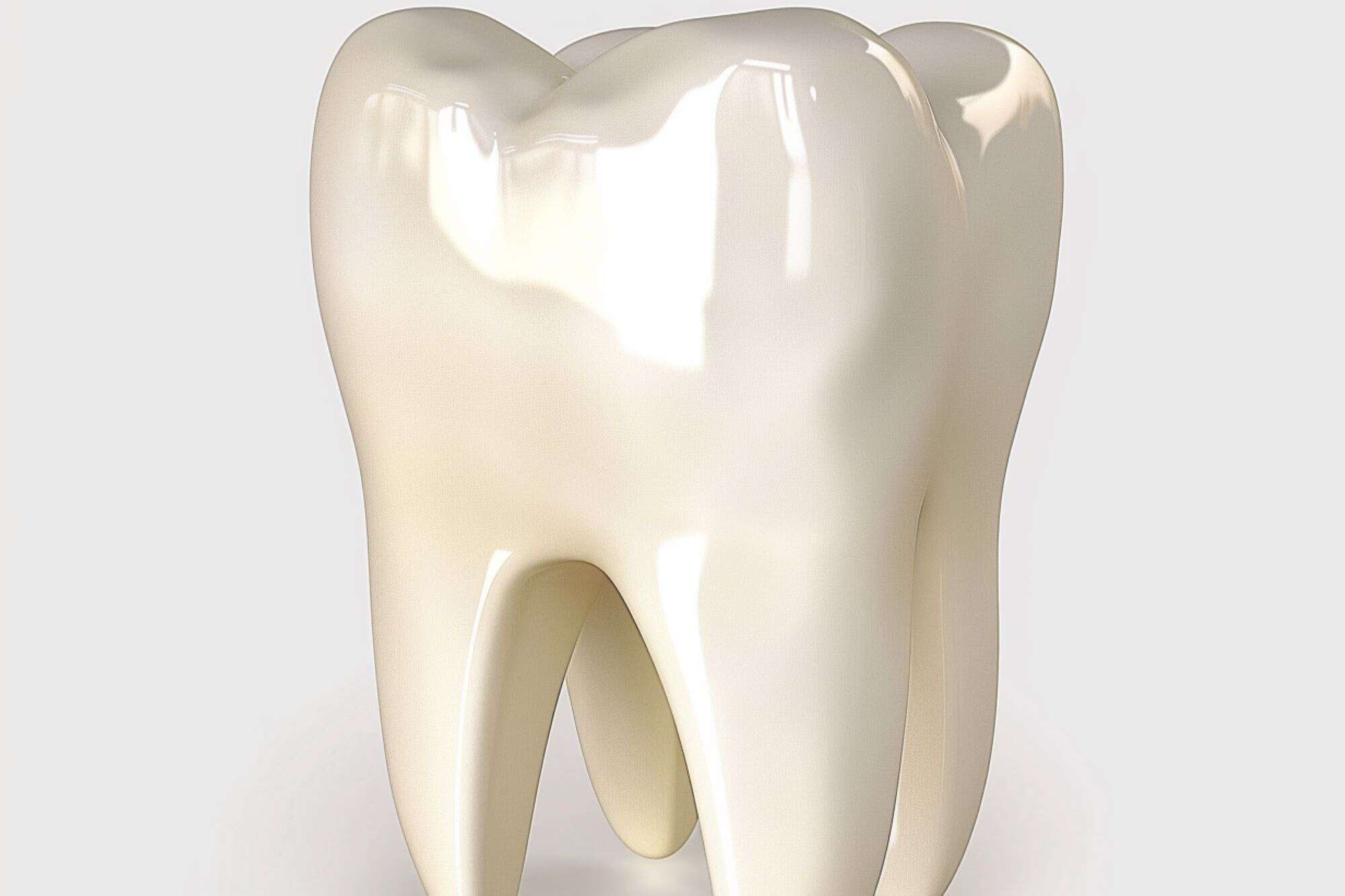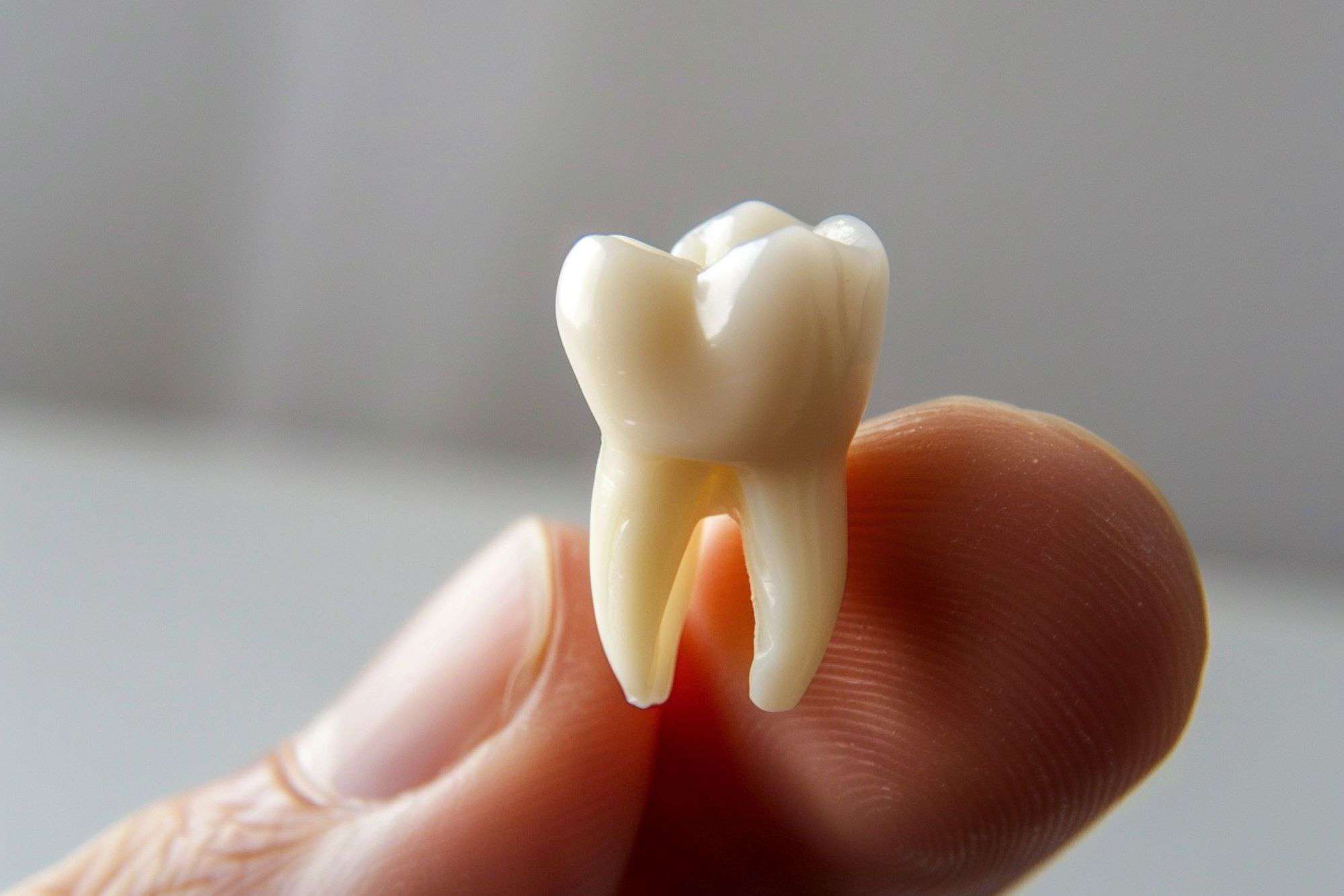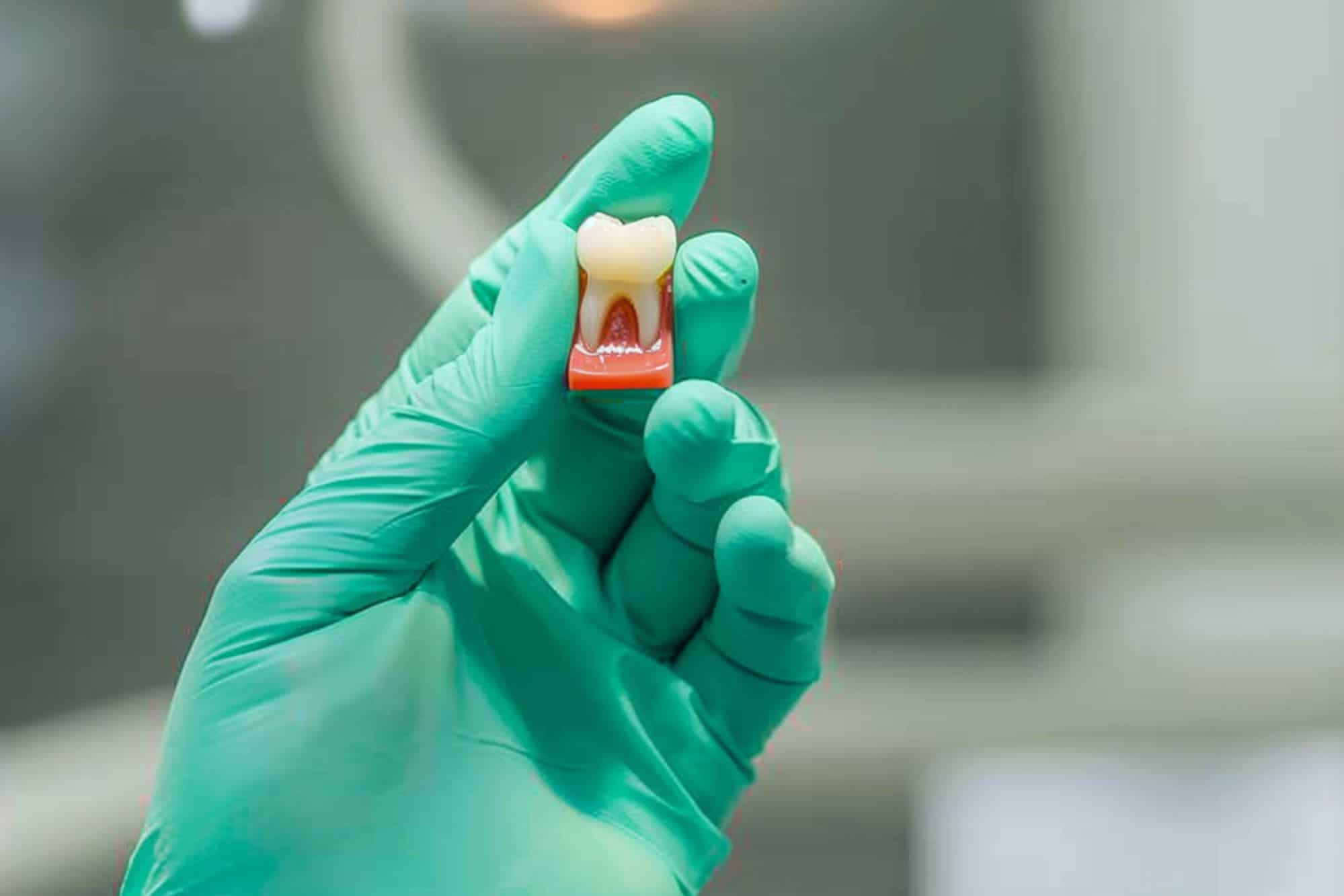When facing a dental emergency, quick action can save your smile. But when is tooth extraction by an emergency dentist necessary? This post explores the critical times when removing a tooth might be your best option for preserving overall dental health.
What is Emergency Dental Care?
Emergency dental care involves immediate treatment to address severe issues that cause significant pain, risk of infection, or potential long-term damage. These emergencies require quick decisions and often rapid intervention to prevent further complications.
Common Dental Emergencies
Examples of dental emergencies include severe toothaches, abscesses, lost fillings or crowns, broken braces wires, and more critically, knocked-out or fractured teeth. Each of these situations can cause significant distress and require different levels of intervention.
Importance of Timely Treatment
Delaying treatment for dental emergencies can lead to serious complications such as the spread of infection, increased pain, and loss of the tooth. Immediate care not only alleviates pain but also often saves the tooth or prevents more invasive procedures later on.
When Is Tooth Extraction Necessary in Emergency Dentistry?
Sometimes, despite best efforts to save a tooth, extraction is necessary to prevent further health complications or when other treatment options would not be effective.
Severe Decay or Infection
If tooth decay reaches the pulp—the center of the tooth containing nerves and blood vessels—it can lead to severe infections. If root canal therapy isn’t possible or fails, extraction may be necessary to prevent the spread of infection.
Irreparable Tooth Damage
In cases of severe trauma where a tooth is broken or shattered in a way that cannot be repaired, extraction may be the only viable option to alleviate pain and prevent further damage to the mouth and jaw.
Other Emergency Conditions
Emergency extraction might also be considered if a tooth’s position or condition is exacerbating other significant oral health issues, such as impaction or contributing to severe gum disease.
The Process of Emergency Tooth Extraction
Understanding the process can help alleviate any anxiety associated with emergency extractions.
Step-by-Step Procedure
Examination and X-rays: To determine the best course of action, the dentist will first examine your mouth and take X-rays.
Anesthesia: Local anesthesia is administered to numb the area around the tooth to be extracted.
The Extraction: Using specialized tools, the dentist removes the tooth. Techniques vary depending on whether the tooth is visible above the gum line or impacted.
Post-Extraction Care: Immediate care steps include biting down on a gauze pad to control bleeding and promote clotting.
Pain Management
To manage pain during and after the procedure, dentists use local anesthetics and can prescribe pain relief medications. They also provide instructions on how to care for the mouth at home following the extraction.
Alternatives to Tooth Extraction in Emergency Cases
Even in an emergency, tooth extraction isn’t always the first or only solution. There are alternatives that can provide relief and possibly save the tooth, depending on the severity and specifics of the situation.
Temporary Treatments and Pain Relief
Before opting for extraction, emergency dentists may consider temporary treatments such as:
Application of dental cement: To cover an exposed tooth root or a lost filling temporarily.
Adjustment of loose crowns or bridges: To alleviate pain and prevent further damage until a permanent solution can be applied.
When Alternatives May Be Preferred Over Extraction
If the structural integrity of the tooth and surrounding tissues permits, treatments such as root canals or dental bonding might be considered to restore the tooth. These procedures are preferable in cases where:
- The tooth’s root structure is intact.
- There is enough healthy tooth enamel to support restorative procedures.
Role of Antibiotics and Other Non-Surgical Treatments
In cases of infection, antibiotics might be prescribed to reduce infection and inflammation before further treatment decisions are made. This approach can sometimes allow a patient in Roanoke to postpone more invasive procedures and potentially save the tooth.
… pain management and condition stabilization, which can be crucial in the moments leading up to a more permanent solution.
Understanding the alternatives available can provide reassurance to patients facing dental emergencies, offering hope that extraction isn’t the only path forward. These methods allow for pain management and condition stabilization, which can be crucial in the moments leading up to a more permanent solution.
Addressing Common Concerns
Can any dentist perform an emergency extraction?
While most general dentists in Roanoke are equipped to handle basic emergency extractions, complex cases may require the skills of an oral surgeon or a dentist with specialized training in emergency dental care.
How quickly should I seek treatment if I think I need an emergency extraction?
Immediate consultation with a dentist is crucial if you suspect you need an extraction. Early professional evaluation can prevent complications and increase the chances of a better outcome.
What are the risks of delaying tooth extraction in emergency cases?
Delaying necessary extraction can lead to severe pain, the spread of infection, and other systemic health issues. It can also complicate future dental work, potentially making future treatments more difficult and less successful.
How can I prepare for an emergency dental visit?
Be prepared to describe your symptoms in detail, bring a list of any medications you are currently taking, and provide your dental history. This information will help your dentist make the best immediate care decision.
By addressing these, patients in Roanoke can better understand the urgency and necessity of seeking timely emergency dental care. This knowledge can alleviate anxiety and equip individuals with the information needed to act promptly in the face of dental emergencies.
Conclusion
Tooth extraction by an emergency dentist is a crucial service that can prevent further health complications when other treatments are not viable. Understanding when such measures are necessary, and what alternatives might exist, empowers patients to make informed decisions about their dental health. If you face a dental emergency, remember that swift action is your best ally in preserving your oral health and overall well-being.






